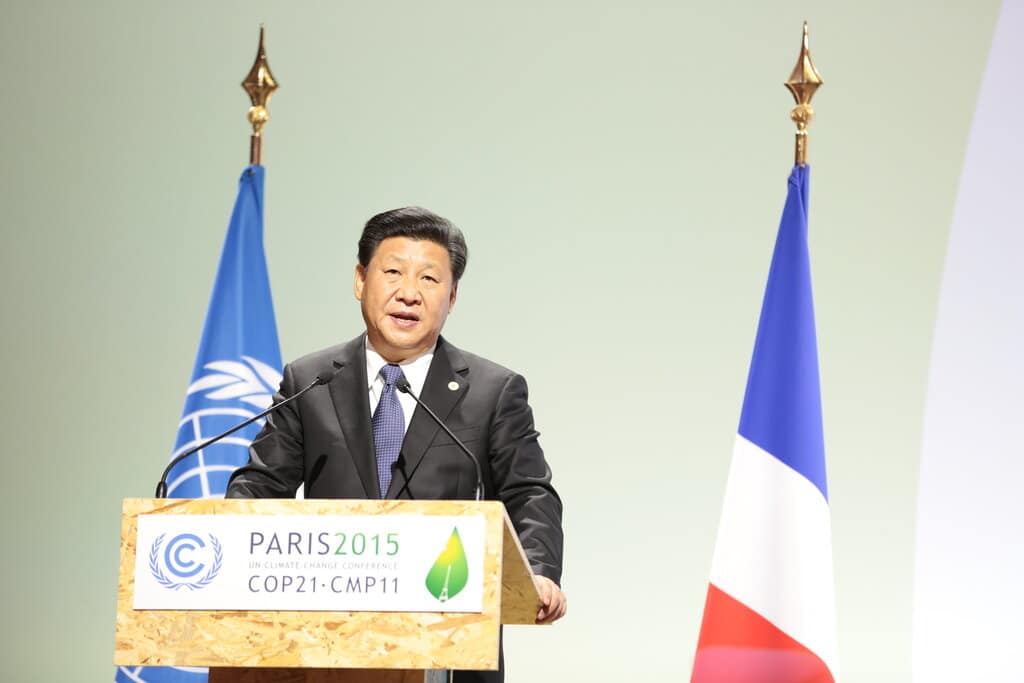Several of the world’s major emitters have missed the July 31 deadline to submit updated climate pledge and action plans to the UN ahead of COP26, including China, India, Saudi Arabia and South Africa. This comes amid a damning IPCC report released earlier on August 9 that warns global temperatures will very likely rise 1.5°C above pre-industrial levels by 2040.
—
Countries had until midnight central European time on July 31 to submit their 2030 emissions-cutting targets. Updated plans were initially meant to be submitted in 2020 but COVID-19 forced the process to be delayed. 110 countries – just over half of all parties to the Paris Agreement – made the deadline; of them, 40% were from climate vulnerable nations. UN Climate Change Conference have called this to be “far from satisfactory.”
Among those countries who submitted their climate pledge in the last week were Guinea, Israel, Oman, Tanzania, Namibia, Nigeria, Sri Lanka, Samoa, Barbados and Sierra Leone. The US and Canada submitted their plans a while ago.
However, some of the world’s largest emitters, including China, India, Saudi Arabia and South Africa, have yet to submit updated Nationally Determined Contributions (NDCs). Their failure to submit updated plans has raised fears that this year’s COP26 conference will not establish an agreement to deliver faster and deeper emissions cuts.
China and India are the world’s biggest and third-biggest emitters. China is responsible for around 27% of global emissions and is only proposing an incremental strengthening of its 2030 climate pledge and action plan. In July, India skipped a key pre-COP conference in London after refusing to committing on a timeline to phase out fossil fuels and suspend coal power generation. In 2018, Saudi Arabia tried extensively to block the IPCC’s 1.5°C pathways report, with the Saudi Oil Minister Prince Abdulaziz bin Salman recently dismissed the International Energy Agency’s net-zero pathways report as “La La Land” and vowing to drill “every last molecule” of oil in its possession.
You might also like: Why Not All Climate Pledges Are Created Equal
The UN Warns of Climate Disaster
Last week, the Intergovernmental Panel on Climate Change (IPCC) released the first section of its three-part Sixth Assessment Report, which found that global temperatures will very likely rise 1.5°C above pre-industrial levels by 2040. The rest of the report will be published in 2022.
However, despite renewed climate commitments from countries this year, it is unlikely that the situation will improve without much action from emerging economies. Commitments made as of April 2021 would still lead to 2.4°C of warming by the end of the century if implemented in full. Scientists at the IPCC have said that emissions should fall 45% from 2010 levels by 2030 to limit temperatures to 1.5°C by 2100.
These recent reports come in the wake of devastating climate disasters happening all around the world, including record-breaking temperatures in North America, flooding in Europe and China and intense wildfires in Siberia and Turkey.
UN Climate Secretary Patricia Espinosa said in an official statement, “Recent extreme heat waves, droughts, and floods across the globe are a dire warning that much more needs to be done, and much more quickly, to change our current pathway. This can only be achieved through more ambitious NDCs.”
She continues: “The level of ambition reflected in those national climate action plans…needs to be enhanced. One of the key findings in the initial version of the synthesis report showed that collective efforts fall far short of what is required by science. I truly hope that the revised estimate of collective efforts will reveal a more positive picture.”
Featured image by: Flickr

















